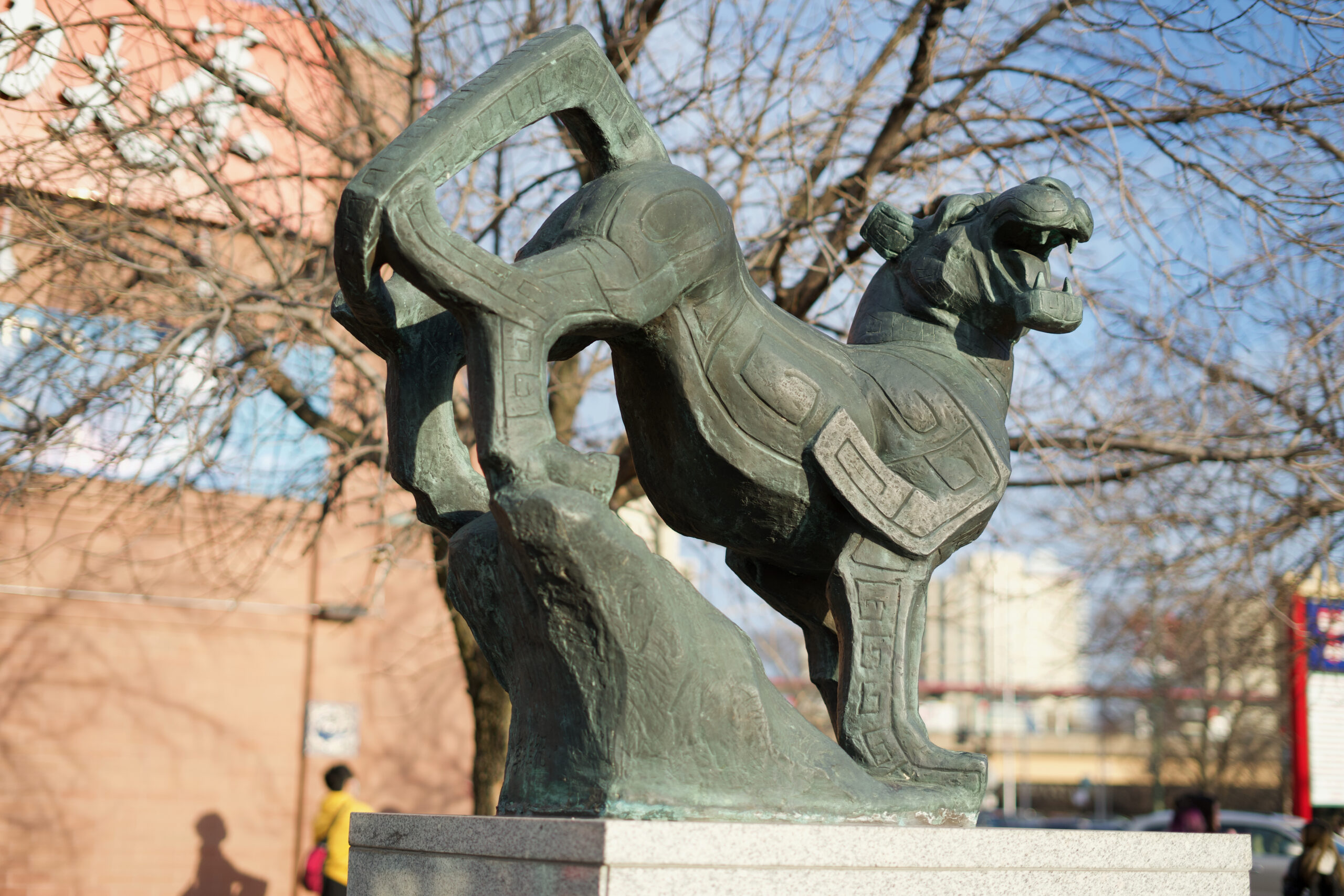You may have heard your instructor say at one point or another to “empty your cup”. What can this mean? Does it mean to literally empty your water bottle or canister of all liquids? Of course not! Depriving oneself of hydration can not be your instructor’s focus (if it is, find a different one!), so if it is not a literal cup, then this must mean a metaphorical cup.
The “cup” in this instance refers to the capacity of learning that you bring with you every time you step into the dojang. This cup is usually filled with our own ideas and life experiences which help us understand and navigate the world around us. It does not matter if you are a brand new white belt or a seasoned black belt; the contents of the cup may change over time, but it is filled nonetheless.
So why should you “empty your cup” when it is filled with such helpful knowledge? There is a common Zen proverb that helps illustrate this point, which I will summarize briefly. A certain individual wants to learn more about Zen, so asks a Zen master to teach him/her. The Zen master instead offers tea, and while filling the tea cup does not stop when the cup is full, but continues to fill the cup while the tea spills over and makes a mess. The prospective Zen student tries to stop the Zen master, however the master counters that the prospect had come with a “full” cup, and as such could not accept the teachings the master could provide.
When we bring our preconceived notions or assumptions into the dojang, this could prevent us from learning the very lessons our instructors are trying to teach us. Like the overflowing tea, their words and corrections overflow out of our “cup” and we go back home feeling like we didn’t learn anything. This will build into frustration over the long run, and if continued unchecked can result in disillusionment and abandonment of the art.
So does this mean we must abandon all of our previous experiences every time we go to train? Of course not! Think of the cup as a vessel for holding and transferring knowledge; the cup can be filled by either yourself or the instructor. Now imagine yourself as a wellspring, a reservoir of knowledge that you can either fill your cup, or alternatively replenish with knowledge and experiences you have gained. This often happens without us realizing it, as we go about our day we are constantly taking in stimuli and adding it to our database. If we are not careful, our reservoir may become filled with needless and perhaps even harmful experiences that hinder our progress in life.
When our instructor tells us to “empty your cup”, they are not only telling us to get rid of our preconceived notions, but to also be mindful of what is happening right then and now, and to intentionally receive what is being offered. Next time you go to the dojang, go to work, or even go out on errands, be aware of not only what is in your cup, but also with what you are filling your reservoir.
For another take on having an Empty Cup Check out David’s article here.



